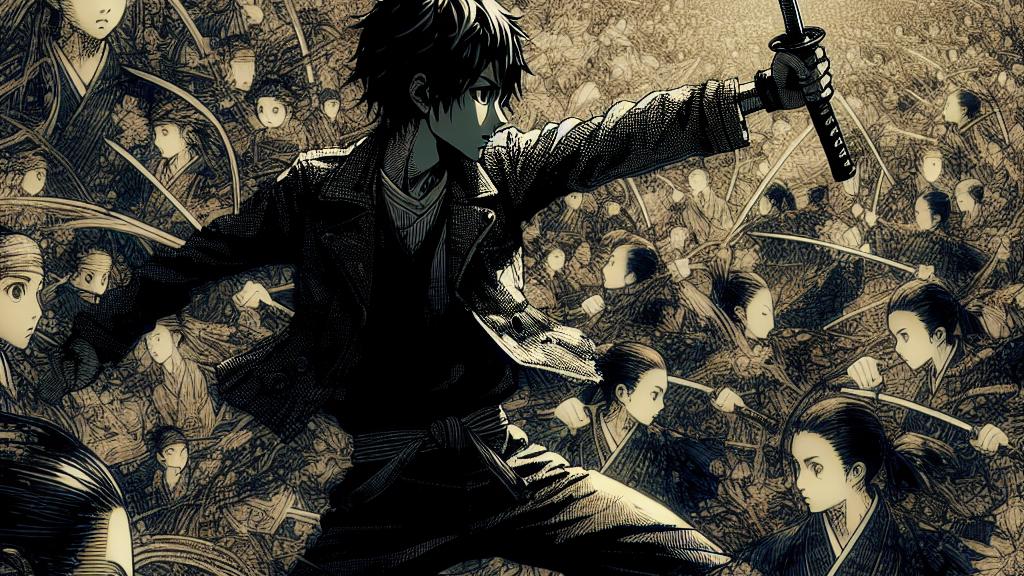Exploring Anti-Government Narratives in Modern Japanese Fiction
Overview
- Uncover the nuanced portrayal of governments as antagonists in contemporary Japanese literature.
- Delve into how public discontent with authority is vividly expressed through diverse art forms.
- Examine the rich cultural significance of works that boldly critique governmental power.

The Landscape of Japanese Fiction
In the dynamic sphere of Japanese fiction, the interplay between society and government is intricately woven—a tapestry that reveals both admiration and skepticism. Traditionally, many narratives glorify the government as a heroic figure, an image that pervades stories of unity and nationalism. However, a refreshing wave of contemporary authors is daring to challenge this notion. Consider the audacious manga 'Tekonder Bak,' where the government is depicted not just as a mere antagonist but as a genuine threat to personal liberties. This is not an isolated phenomenon; an increasing number of web novels boldly embrace themes of rebellion against authority. For instance, the protagonist's fight against oppressive structures often mirrors real-life struggles, making these stories resonate powerfully with a younger audience. This literary shift reflects a broader cultural transformation, as the youth embarks on a journey to redefine narratives surrounding power and resistance.
Public Sentiment and Its Reflection in Art
Art serves as a potent mirror for public sentiment, elegantly capturing the collective frustrations directed at governmental authority. In the contemporary landscape, we are witnessing an explosion of creativity that channels political discontent into striking visual forms. Take, for instance, the vibrant street art that adorns cityscapes—a bold expression of dissent that sparks conversation and provokes thought. Additionally, participatory installations invite audiences to engage with pressing social issues, transforming passive observation into active dialogue. The impact of protest art is profound; it not only gives voice to grievances but also fosters a sense of community among those who feel marginalized. As these creative expressions capture the zeitgeist, they create a powerful dialogue, urging society to confront uncomfortable truths about authority, accountability, and justice.
Cultural Implications of Anti-Government Sentiments
The cultural implications of narratives that critique government extend far beyond mere storytelling; they encapsulate a vibrant movement that encourages civic engagement and social change. By challenging the established norms, these works play a crucial role in fostering conversations about freedom and human rights. Artistic protests—whether through evocative cinema, compelling novels, or interactive performance art—ignite a shared awareness and inspire individuals to take a stand. For example, the poignant messages in anti-government political cartoons have historically mobilized public sentiment and sparked outrage. This narrative evolution compels citizens to envision a future where they actively participate in shaping their reality. Ultimately, as these narratives unfold, they illuminate a pathway for dialogue about governance and individual rights, urging society to reflect deeply on the relationship between power and the people it serves.

Loading...